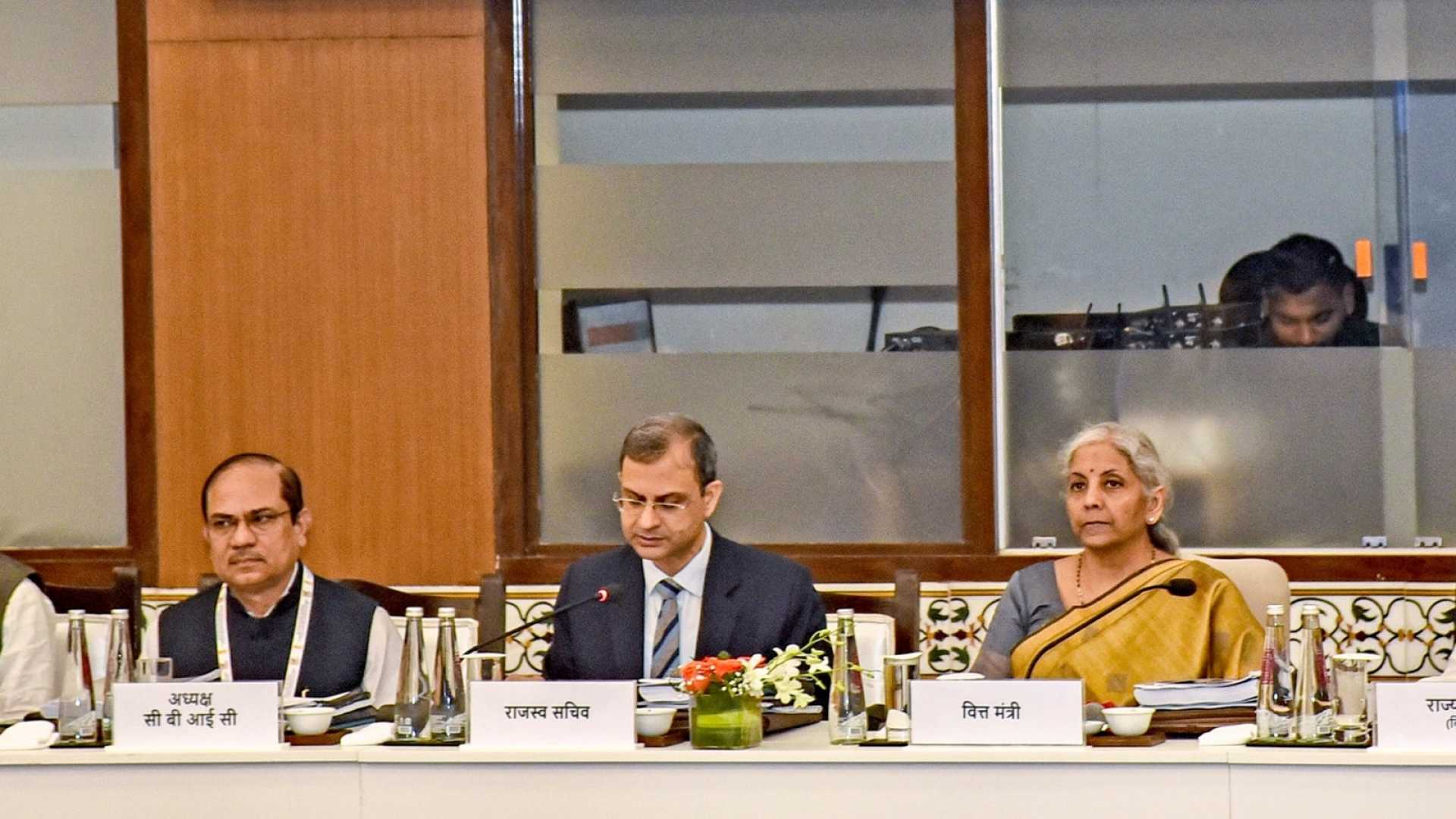News
GST Council Approves Reverse Charge Mechanism for Commercial Rentals

The Central Board of Indirect Taxes and Customs (CBIC) has announced a significant update to the Goods and Services Tax (GST) regulations, mandating that the renting of commercial properties by unregistered individuals to registered persons will now fall under the Reverse Charge Mechanism (RCM). This new rule was recommended during the 54th meeting of the GST Council and will come into effect on October 10, 2024.
Under the RCM, the responsibility to pay GST is transferred from the supplier to the recipient of goods or services. This is a departure from the traditional approach where the supplier bears the GST liability. The amendment, outlined in Notification No. 09/2024-Central Tax (Rate) dated October 8, 2024, seeks to tackle tax evasion that has been occurring where unregistered landlords have rented properties to registered entities, potentially resulting in revenue losses for the government.
Further amendments have been applied to the Integrated Goods and Services Tax Act, 2017 (IGST Act) and the Union Territory Goods and Services Tax Act, 2017 (UTGST Act). This ensures uniformity in the application of this regulation across all states and union territories.
This change is anticipated to enhance GST collections, ensuring that registered commercial property tenants properly account for and remit GST payments, thereby closing preexisting loopholes. “This notification will improve compliance and reduce revenue leakage,” a CBIC official noted. Businesses currently renting from unregistered persons are advised to adapt to these new rules to remain compliant and avoid potential penalties.












